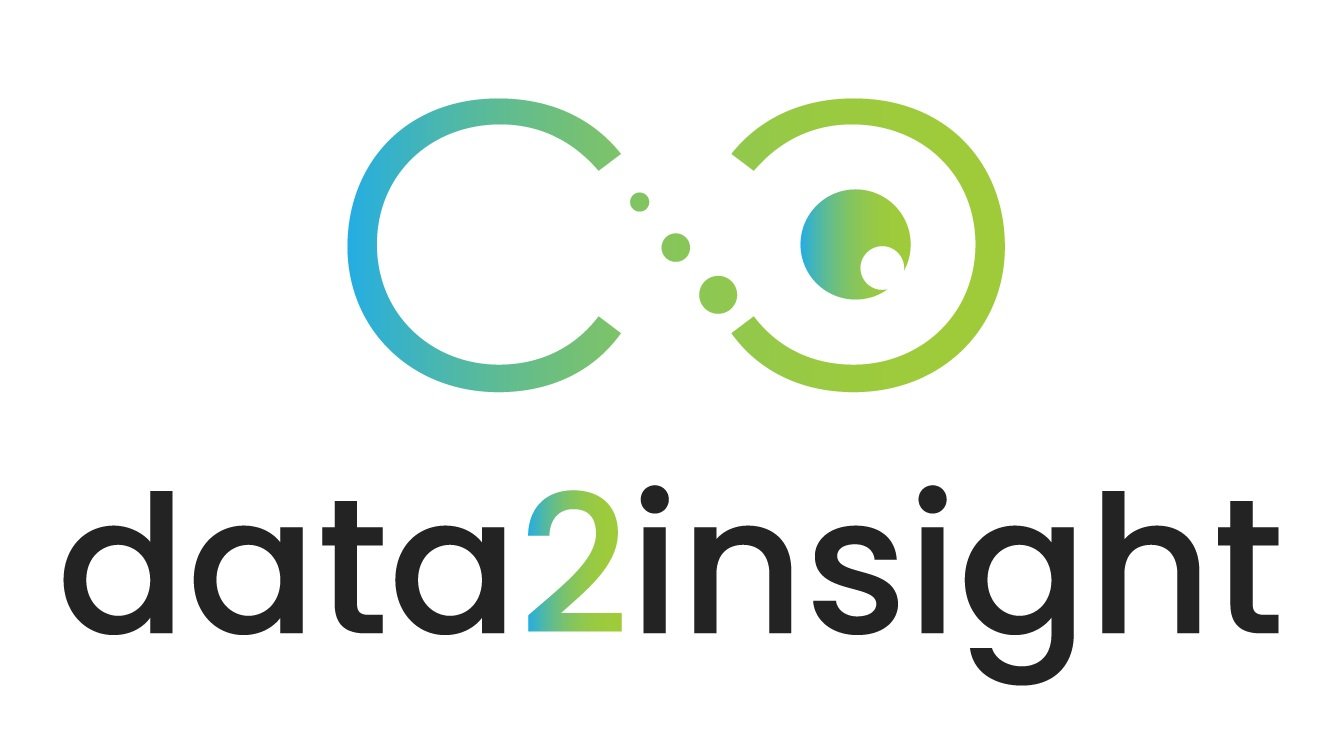July Featured Author | Jay Alba
Welcome to our featured author series where we share different points of view on advancing social justice and DEI+B efforts through the ever evolving fields of multicultural organizational development, human resources, implementation science, equitable evaluation and applied research, improvement science, learning science, performance measurement, and team science.
Each month we highlight someone in this work we admire and have learned from in the past. Our hope is that you find new perspectives, ideas, and insights to inspire and challenge the way you live and work.
Jay Alba
Project Manager, LTHJ Global
Jay Alba serves as LTHJ Global’s Project Manager. She organizes LTHJ Global’s internal processes, manages the company blog, and supports the client experience from beginning to end. As a wearer of many hats, her PM work embodies the flexibility to shift between these responsibilities and ownership over each and every one of them.
Jay brings four years of content writing experience to the table. Before LTHJ Global, she was the Head Writer of a current events newsletter called Below The Fold, a fast-growing publication that amassed 10,000 subscribers in its first year. She has also written for a number of specialized publications, including tech, product design, and women’s health.
Jay’s passion for her work stems from a love of creativity and education. LTHJ Global’s work empowers her to combine both of those things. She uses the creativity and effective communication developed from her writing career every day.
Why do you do the work you do?
I do this work because I feel that I am genuinely helping people. In working with LTHJ Global, I see the positive impact of our work with our clients – I’ve watched the ecosystems of organizations grow, change, and become warmer, more trusting places.
It’s incredibly refreshing (and rewarding) to know, with certainty, that the work I do helps improve the lives of our clients and their organizations. I think about all the jobs that I worked before coming to LTHJ Global, how they were so mentally and emotionally draining – and all just for a paycheck. If I was going to work late to finish a project, I’d rather it be for LTHJ Global – because I know that what I’m working towards is something that is a net-positive for the community.
What technique, method, tool, theory or practice would you like to highlight that is promising and/or proven for advancing social justice?
One tool/resource that I love sharing with people is the Attributes of White Supremacy Culture and their antidotes, developed by Tema Okun and Kenneth Jones. I remember my first experience of reading through this list, the attributes of perfectionism, sense of urgency, individualism, etc., and thinking, “Wait, isn’t this just ‘normal’ workplace culture?”
That experience, of being able to question these aspects of society that I considered “normal,” was really amazing. And I love seeing the organizations we work with have that same experience of being able to interrogate the toxic norms we live and work in, and imagine a more balanced culture. Also, this resource is really helpful for those who are early in their anti-oppression education journey, because it helps emphasize that DEI helps everyone – even those who are already in the dominant cultural group.
What are some books you wish everyone would read?
I want everyone to read Caste: The Origins of Our Discontents by Isabel Wilkerson. LTHJ Global’s CEO, Lindsey T. H. Jackson, recommends this to ALL our clients, and EVERYONE who attends an introductory How to Start Your Anti-Racism Journey workshop with us. And it’s an incredible book.
It’s a deep dive into how caste systems have shaped societies throughout history, including in the United States. I highly recommend it, as an in-depth look into the roots of systematic oppression of Black Americans, and how those systems are still present today.
The book is quite long, but the writing is very accessible, thanks to Wilkerson’s voice and narration of personal anecdotes and historic events. But it’s an incredibly valuable read for anyone who wants to understand the deep roots of anti-Black racism in this country, and why the problem of ‘solving racism’ goes much deeper than just changing the minds of specific people.
What are a couple of practices, resources, and/or tools that help you live more to your values on a daily?
Journaling in the morning before work: When I wake up, I’m bombarded by threads of thought, reflections from the week, story ideas, and zingers I should’ve said in that argument two years ago. By writing them all down, and releasing them from my brain, I feel more relaxed and ready to take on the day.
Pomodoro Method: When my brain is scattered or I feel unmotivated to dive into my work day, I’ll put on a youtube video with a Pomodoro timer and some Lofi music. That usually helps kick-start me into action. (My current favorite is this animation of little cats walking across your screen and causing mischief while you’re working – a very fun visual stimulus!)
Asking for help: I run into trouble often when I feel overwhelmed by a task … If I don’t know where to start, it’s incredibly difficult for me to start at all. When this happens, I really muster up my courage and reach out “Hey, I need support,” or “Hey, I’ve never done this before, how would you go about tackling this problem?” When I do this, I imagine myself unlearning the myth of individualism as a marker for success – no one succeeds on their own. Asking for help is not a failure.
Interested in learning from more of our featured authors?
Subscribe to our monthly newsletter and stay up to date.

